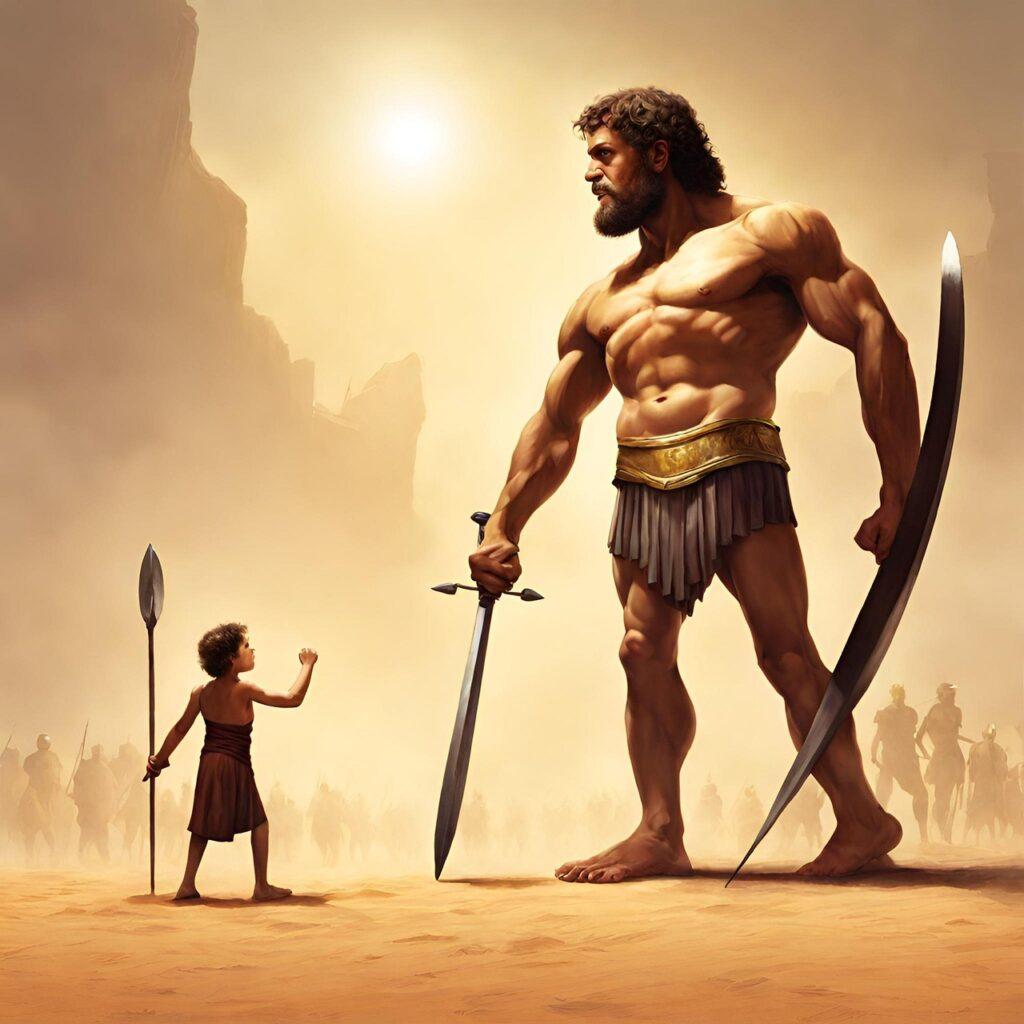In the famous Bible story, David — a young, small shepherd boy — defeats the mighty warrior Goliath. Physically, David had no chance. Goliath was tall, strong, and experienced in battle. But the outcome surprised everyone: the underdog won.
This powerful metaphor also exists within our own bodies — particularly when it comes to muscle function and stability.
The Underdogs: Local Muscles
In physical therapy, we often talk about local and global muscles. Local muscles are the deep, small, and often invisible stabilizers that play a crucial role in maintaining spinal and joint stability. They are the “Davids” of your musculoskeletal system.
Some examples include:
- Transverse abdominis
- Internal obliques
- Multifidus (spinal rotators)
- Deep neck flexors
These muscles don’t make you look “ripped” or powerful. But they are essential for keeping your body stable and aligned — especially during movement or heavy lifting.
The Giants: Global Muscles
On the other hand, global muscles are larger, more superficial, and designed for producing movement and power. These are the “Goliaths” — big, strong, and visible.
Examples of global muscles include:
- Pectoralis major
- Deltoid
- Latissimus dorsi
- Paraspinal muscles
These muscles are important — no doubt. But when they become overdeveloped while the local muscles are weak or inactive, the body becomes unstable, even though it looks strong from the outside.
Why This Matters in Physical Therapy
When we treat patients with chronic pain, postural imbalances, or movement dysfunctions, we often find the local stabilizers are underperforming or completely inactive. Without this foundational support, global muscles may try to compensate — leading to pain, overuse injuries, and movement inefficiencies.
It’s a common scenario: a person with a well-developed upper body struggles with back or neck pain. Why? Because their “Davids” — the small stabilizers — are missing from the battle.
The Takeaway
Just like David defeated Goliath, the small, deep muscles in your body can play a disproportionately powerful role in your health and recovery. They might not be flashy, but they are absolutely essential.
In physical therapy, we aim to restore balance between these two systems — activating the underdogs, so they can work with the giants, not be overwhelmed by them.
So, next time you train, move, or stretch, don’t forget the little guys. The Davids might just save the day.
Stay strong. Stay stable. Stay balanced.
If you’re experiencing pain or instability, consider working with a physical therapist to assess your deep muscle activation and movement patterns.

